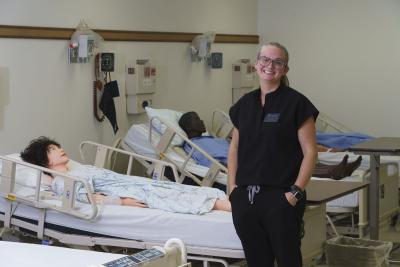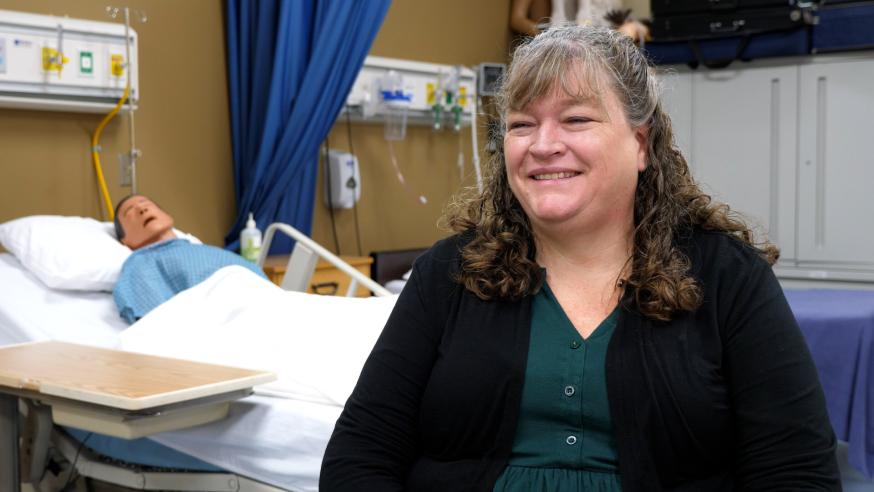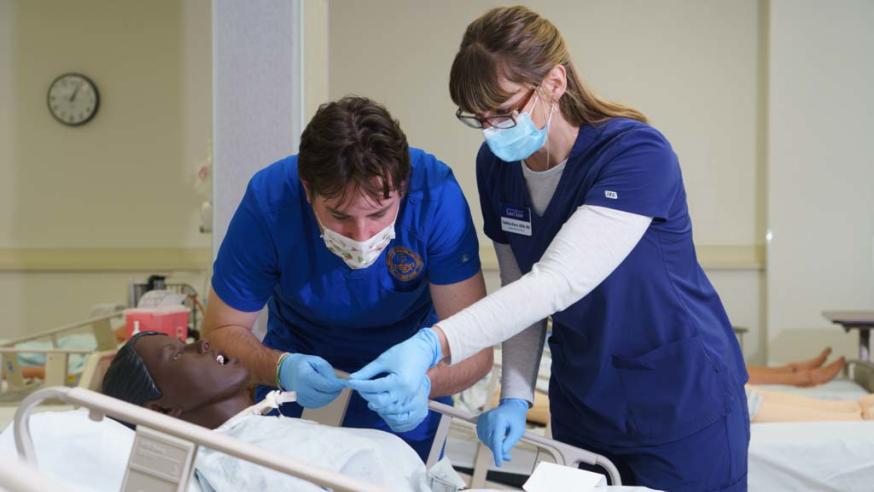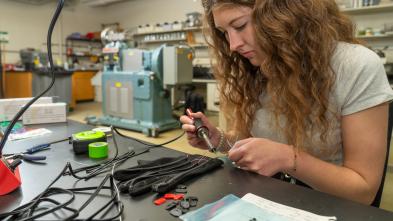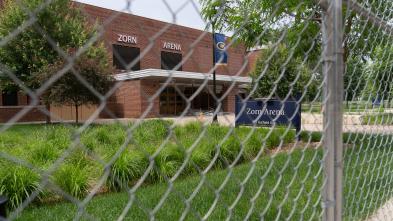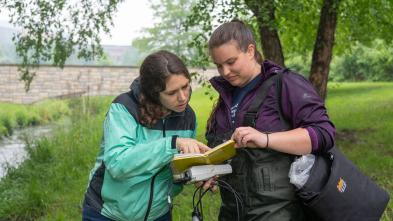Featured Image
For the media
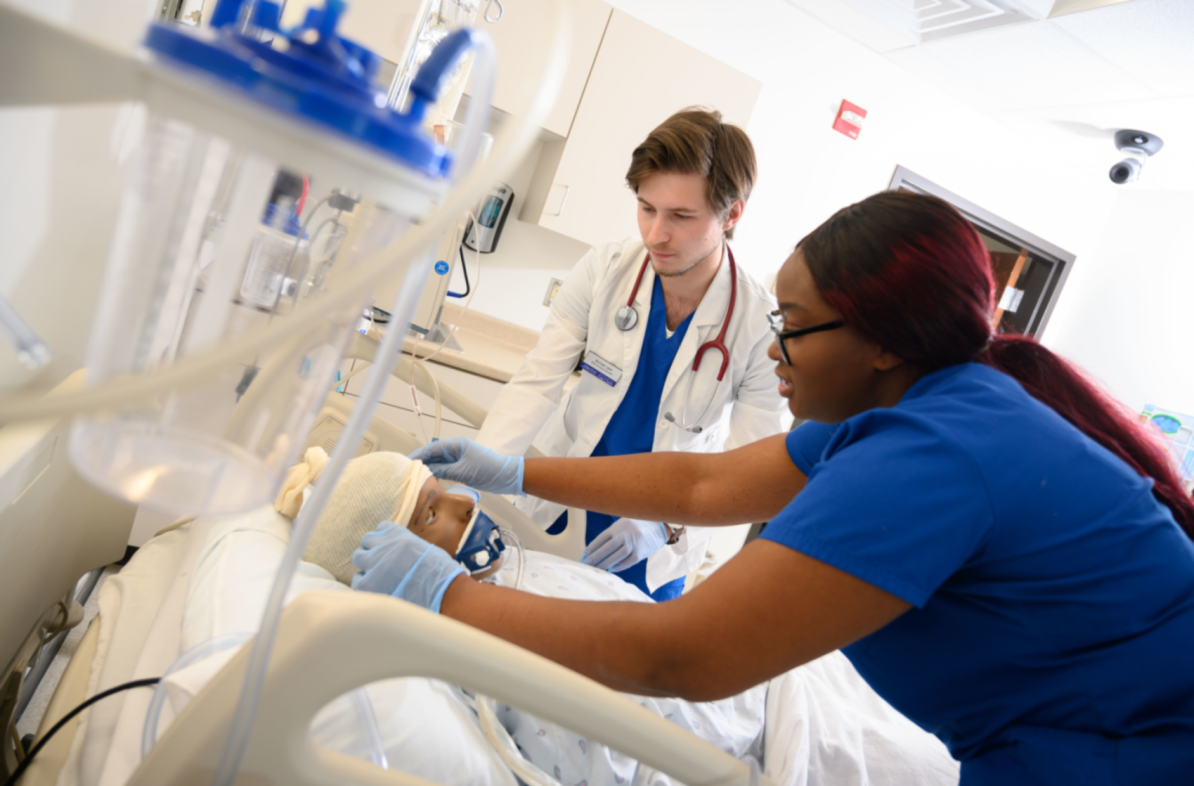
Title
UW-Eau Claire teaching next generation of nursing leaders
Story Categories
Authored on
UW-Eau Claire teaching next generation of nursing leaders
Published on:
Intro text
As part of its $9.4 million Wisconsin Workforce Innovation Grant, the University of Wisconsin-Eau Claire has funding available to train new nursing instructors who will educate and inspire the next generation of nurses.
Sections
For the media
For the media
Image download
